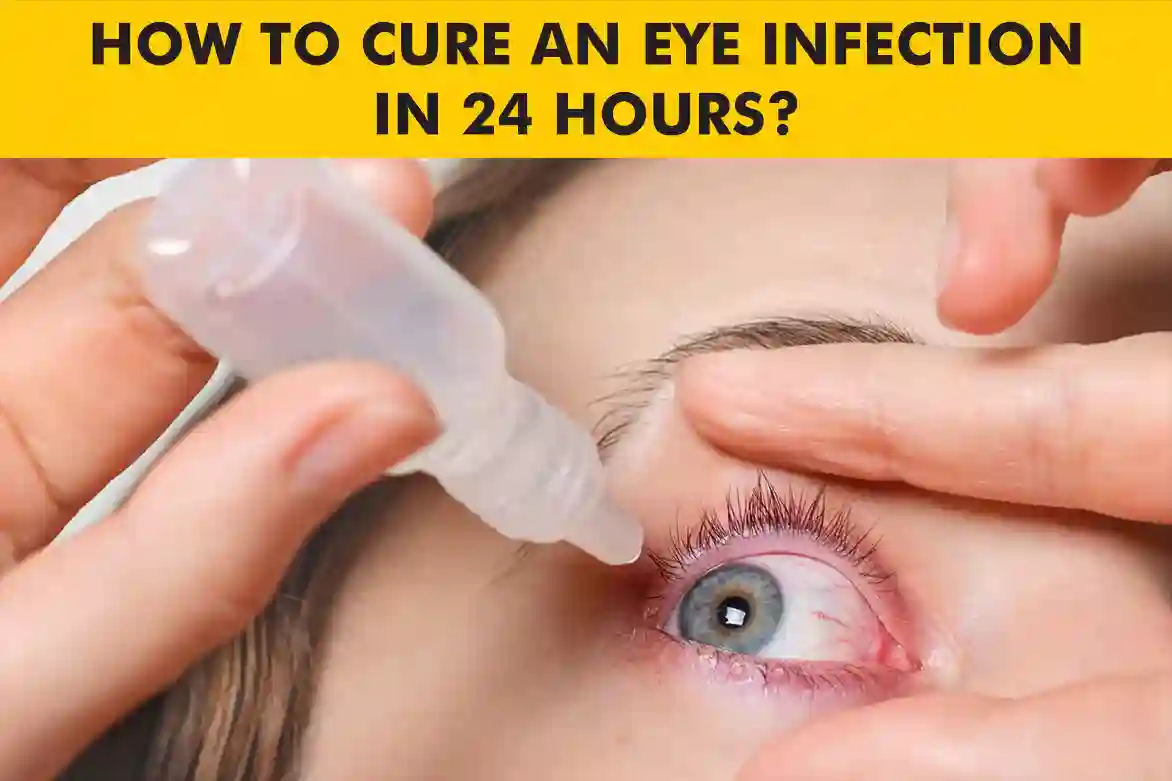All Categories
Featured
When it comes to sunlight safety, many people concentrate on shielding their skin from dangerous UV rays. Nonetheless, the impacts of UV radiation on your eyes are equally essential however usually overlooked. Extended exposure to ultraviolet (UV) rays can result in various eye conditions, several of which might lead to permanent damage or vision loss. Whether you're outdoors on a bright beach or taking a stroll on a cloudy day, understanding how UV rays affect your eyes and learning just how to safeguard them is important for keeping healthy vision.
What Are UV Rays and Exactly How Do They Impact the Eyes? UV rays are a type of unseen radiation released by the sun. There are three sorts of UV rays:
UVA Rays: These permeate deeply right into the skin and eyes, adding to long-lasting damages. UVB Rays: These are extra intense and can cause surface-level harm, such as sunburn or corneal damages. UVC Rays: These are the most unsafe yet are absorbed by the Planet's ambience and rarely pose a direct danger. Both UVA and UVB rays can harm various components of the eye, consisting of the cornea, lens, and retina.
Short-Term Impacts of UV Direct Exposure. Even a brief period of intense UV exposure can damage your eyes. A common problem arising from this is photokeratitis, commonly called "sunburn of the eye." Symptoms include:
Agonizing or red eyes. Sensitivity to light. Too much tearing. Short-lived blurred vision. Photokeratitis is generally short-term however offers as a tip of the immediate dangers of UV radiation.
Long-Term Effects of UV Exposure. Cumulative UV exposure in time can result in several severe eye problems, including:

Cataracts: UV rays accelerate the advancement of cataracts, a problem where the lens of the eye comes to be gloomy, causing vision disability. Cataracts are a leading cause of loss of sight worldwide.
Macular Deterioration: The macula, a part of the retina liable for central vision, can be harmed by long term UV direct exposure, raising the risk of age-related macular degeneration (AMD)
Pterygium: Commonly called "internet user's eye," this condition entails a development of tissue on the white component of the eye, which can cross the cornea and hinder vision.
Pinguecula: UV direct exposure can cause yellowish areas to base on the conjunctiva, leading to irritability and discomfort.
Skin Cancer Around the Eyes: The delicate skin bordering the eyes is very susceptible to UV radiation, increasing the risk of basic and squamous cell cancer.
Protecting Your Eyes from UV Damages. Fortunately is that shielding your eyes from UV radiation is simple and effective. Here are some crucial tips:
Wear UV-Blocking Sunglasses. Choose sunglasses that obstruct 100% of UVA and UVB rays. Try to find tags showing "UV 400" defense. Wrap-around styles offer extra insurance coverage, avoiding UV rays from going into from the sides.
Use a Wide-Brimmed Hat. A hat with a vast brim can obstruct almost 50% of UV rays, providing added security for your eyes and the delicate skin around them.
Avoid Peak Sunlight Hours. UV rays are strongest in between 10 a.m. and 4 p.m. Decrease your outside direct exposure during these hours, or guarantee you're adequately secured if you need to be outside.
Protect Your Eyes Year-Round. UV rays are existing year-round, also on cloudy or snowy days. Snow, sand, and water can show UV rays, intensifying their effects. Make sunglasses a part of your daily routine, despite the period.
Consider UV-Blocking Get In Touch With Lenses. Numerous get in touch with lenses now use UV protection, which can be an extra safeguard when coupled with sunglasses.
Motivate Eye Security for Children. Children's eyes are extra susceptible to UV damages since their lenses are more clear, enabling more UV light to get to the retina. Ensure they wear sunglasses and hats when playing outdoors.
Arrange Regular Eye Examinations. Regular sees to an eye treatment professional are necessary for checking your eye wellness. An optometrist can spot very early indicators of UV-related damage and advise solutions, such as prescription sunglasses or UV-blocking glasses tailored to your needs.
Final thought. UV rays might be unnoticeable, however their impact on your eye health is extremely genuine. Bear in mind, your eyes are one of your most beneficial assets-- take the needed steps to shield them from unsafe UV rays today.
Latest Posts
Enhancing Security and Convenience with Automatic Gates from Montana Fence
Eye Center South - Expert LASIK Eye Surgery: Your Path to Better Vision.
Engine Tune Up Near Me Now! at MO